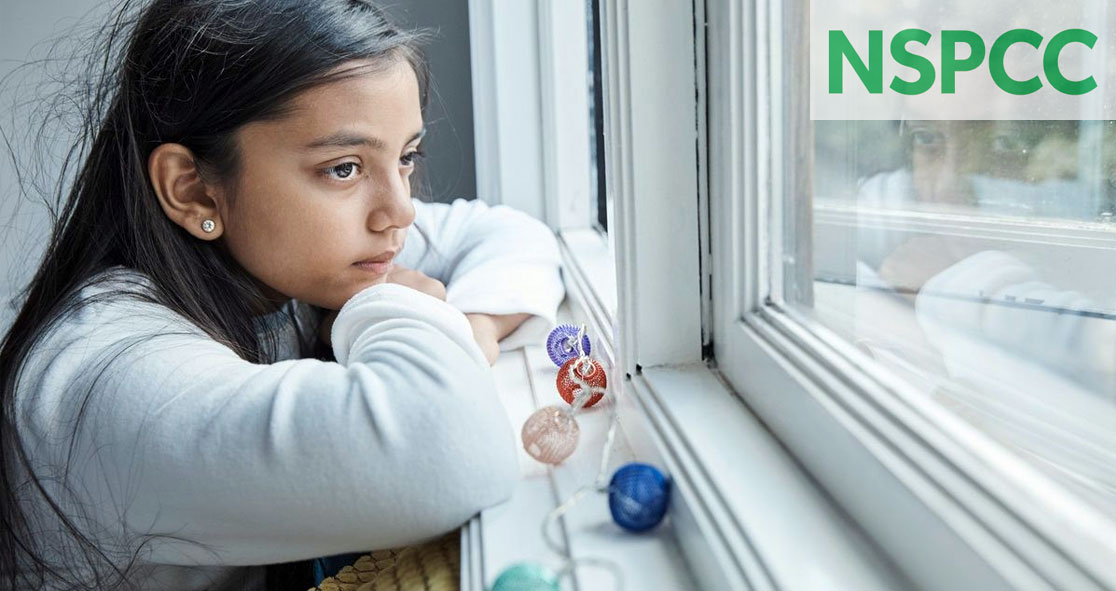The National Society for the Prevention of Cruelty to Children (NSPCC), UK, has warned that rising stress and anxiety levels have taken a toll on children’s mental health since the coronavirus pandemic began.
NSPCC is the UK’s leading charity for children. It has been looking out for children for more than 130 years.
According to the NSPCC, calls to its ChildLine service reached almost 43,000 from March to October, with psychological issues making up more than one-third of all its counseling sessions, according to new charity figures.
The charity said its counselors have been hearing from children that they were feeling isolated, anxious, and insecure after they were advised to avoid social support networks.
It has been found that some kids had developed eating disorders like bulimia and binge eating for the first time. The charity also found that some children with existing eating disorders reported aggravation of their symptoms.
The NSPCC revealed that counseling sessions for body image and eating disorders rose by “32% from 335 per month before the March lockdown to 443 afterward,” according to The Guardian.
In addition, many young people sought help on sexual and gender identity issues during the lockdown.
The NSPCC released the new figures before the launch of its campaign called “Nobody is Normal,” which aims to help children cope with the mental health issue they may experience during the latest lockdown.
The campaign will help children who lack confidence and do not feel good enough.
ChildLine founder Dame Esther Rantzen said the coronavirus pandemic had cut children off from the reassurance many of them need.
She said, “When young people are facing mental health issues such as anxiety or depression, or are struggling with eating disorders or self-harm, they often hide it from their parents and families. A lockdown intensifies stress in all our lives, and the ChildLine team knows from past experience that it has made many children feel especially isolated.”
“The Nobody is Normal campaign encourages any children feeling unable to discuss their anxiety and distress to reach out to ChildLine for support,” Esther Rantzen said.
“Many young people are under immense pressure from social media to look and behave like everyone else, but the campaign recognizes that we are all individuals, special and unique,” she added.
“If these tough times have caused children to feel an extra level of anxiety, we want them to feel confident to express their fears and share their worries, and know that ChildLine is still here for them.” The article originally appeared in The Guardian.























